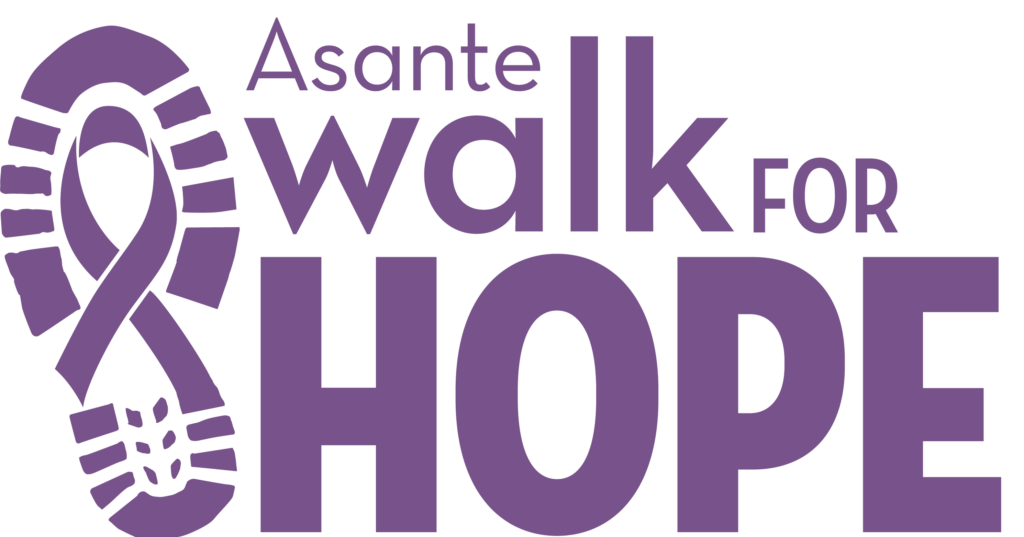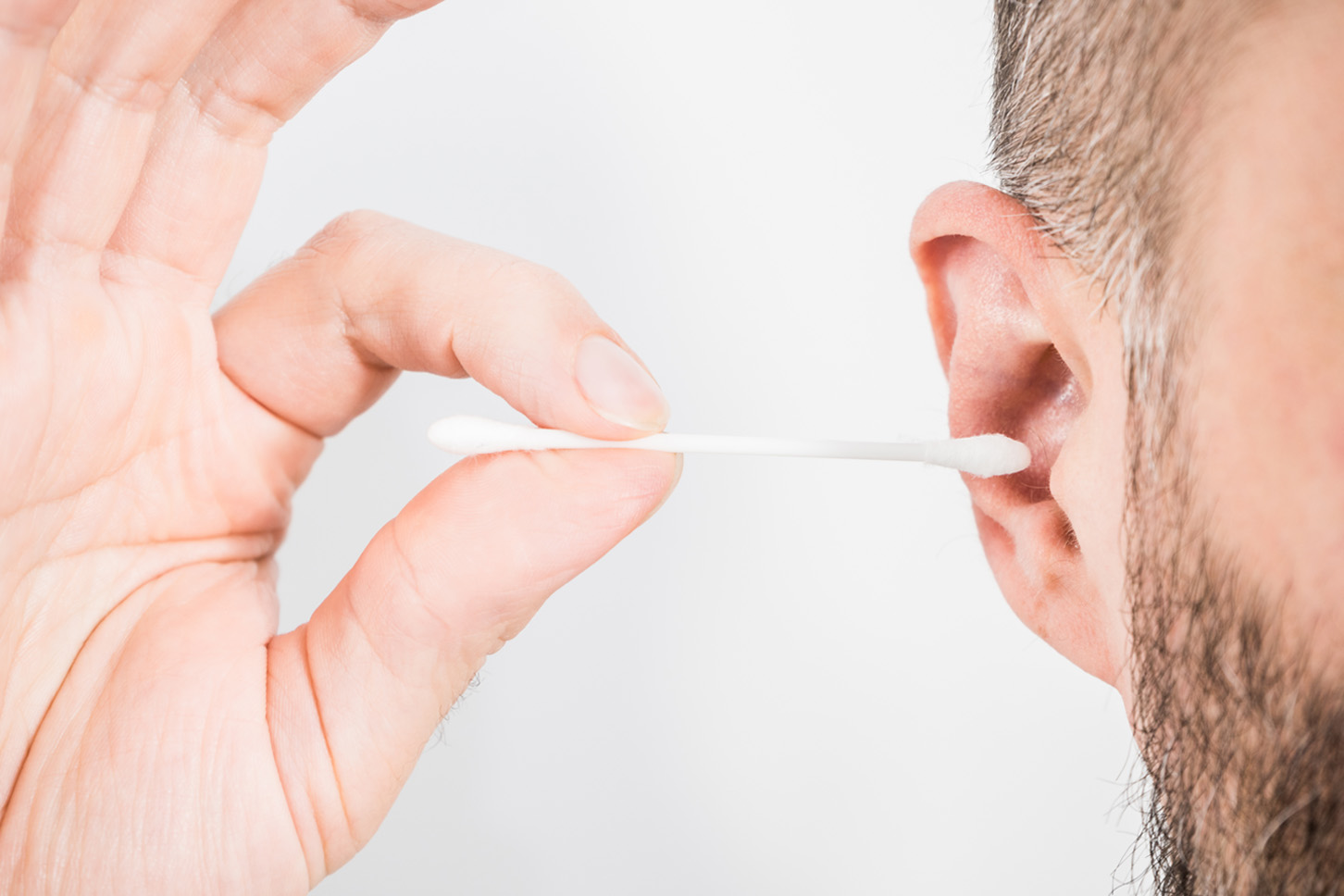Chronic nasal congestion — more commonly known as chronic stuffy nose — is a problem with a variety of causes that affects children and adults alike.
In children, it’s often caused by allergies which may be seasonal or year-round.
Seasonal allergies generally result from pollen produced by trees, grass and weeds. Year-round allergies often result from dust, mold and pet dander.
Chronic nasal congestion in children may also be caused by enlarged adenoids located in the back of the nose. These tonsil-like tissues can block air from passing through the nose.
The child’s pediatrician will help determine the cause of nasal congestion and the appropriate treatment.
In adults, chronic nasal congestion can also be caused by the same allergies that children suffer, whether seasonal or year-round.
Additionally, adults may experience vasomotor rhinitis, a condition in which the lining of the nose becomes swollen after exposure to smoke, pollution, chemicals, spicy food, weather changes or other irritants.
A deviated nasal septum or enlarged nasal turbinates may add to adult nasal congestion. The septum is the wall of cartilage and bone that divides the nasal cavity into right and left sides. If the septum is crooked it can block air from passing through the nose.
Turbinates are the shelf-like structures inside the nose that help humidify nasal air. If they’re too large, they have potential to block air from moving through the nose.
Adults are also susceptible to chronic sinus infections and nasal polyps.
Chronic sinus infections cause the lining of the nose and sinuses to become inflamed and swollen.
Nasal polyps, which are non-cancerous grape-like growths caused by inflammation, often occur in people with allergies or sinus infections. If nasal polyps are large, they can block air from flowing through the nose.
For adults, there are several non-prescription remedies for nasal congestion you can try before seeking medical help. One non-prescription remedy is to rinse the nose once or twice daily with saline using a Neti Pot or NeilMed bottle.
These nasal saline kits are available at most drug stores in the allergy aisle. It’s important to use clean water that’s been distilled or boiled to make the saline. Do not use water straight from the tap.
A second non-prescription remedy is Flonase. This nasal steroid spray takes a while to become fully effective, so consider using Flonase every day for at least 30 days before deciding whether it’s been helpful.
A third non-prescription remedy is an oral antihistamine, such as Allegra or Zyrtec. Antihistamines are often helpful for nasal congestion related to allergies.
If you’ve tried non-prescription remedies without improvement, consider seeing your primary care provider for further evaluation. If necessary, your primary care provider may refer you to an ear, nose and throat specialist or an allergist.
Dr. Lennard is board-certified in otolaryngology and sees patients at APP–Ear, Nose and Throat, Grants Pass






